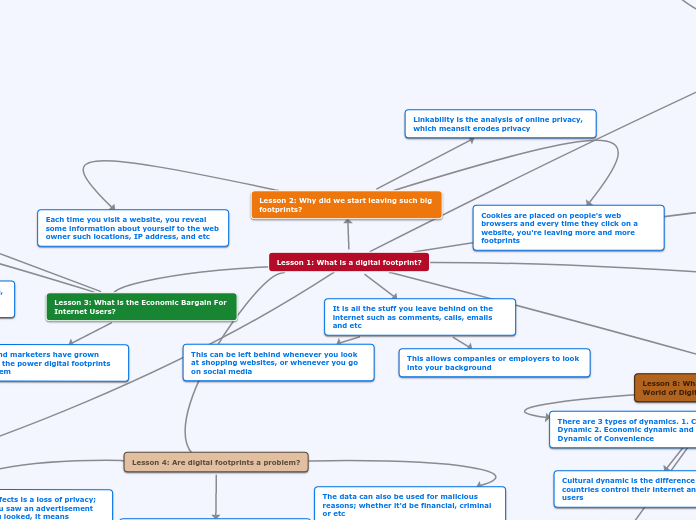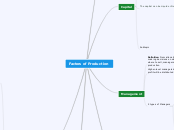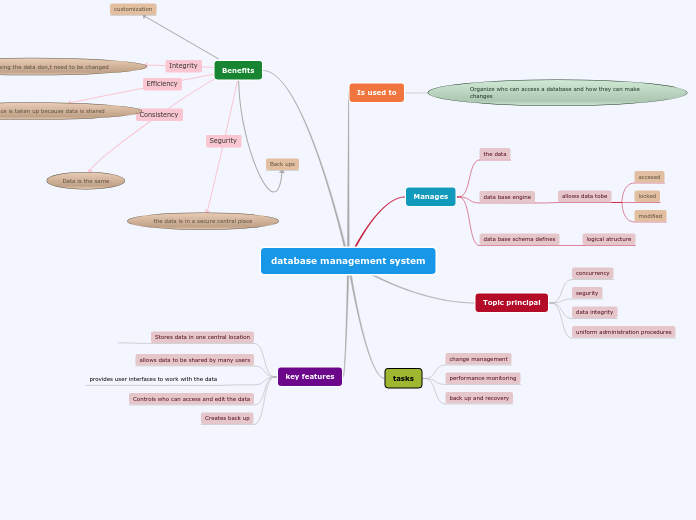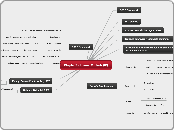arabera Summer Ly 5 years ago
1048
Lesson 1: What is a digital footprint?
A digital footprint is the trail of data you leave behind when using the internet, which can include personal information, browsing history, and online interactions. Managing this footprint involves understanding the basics, developing good digital habits, using privacy tools, and being cautious about online activities.









